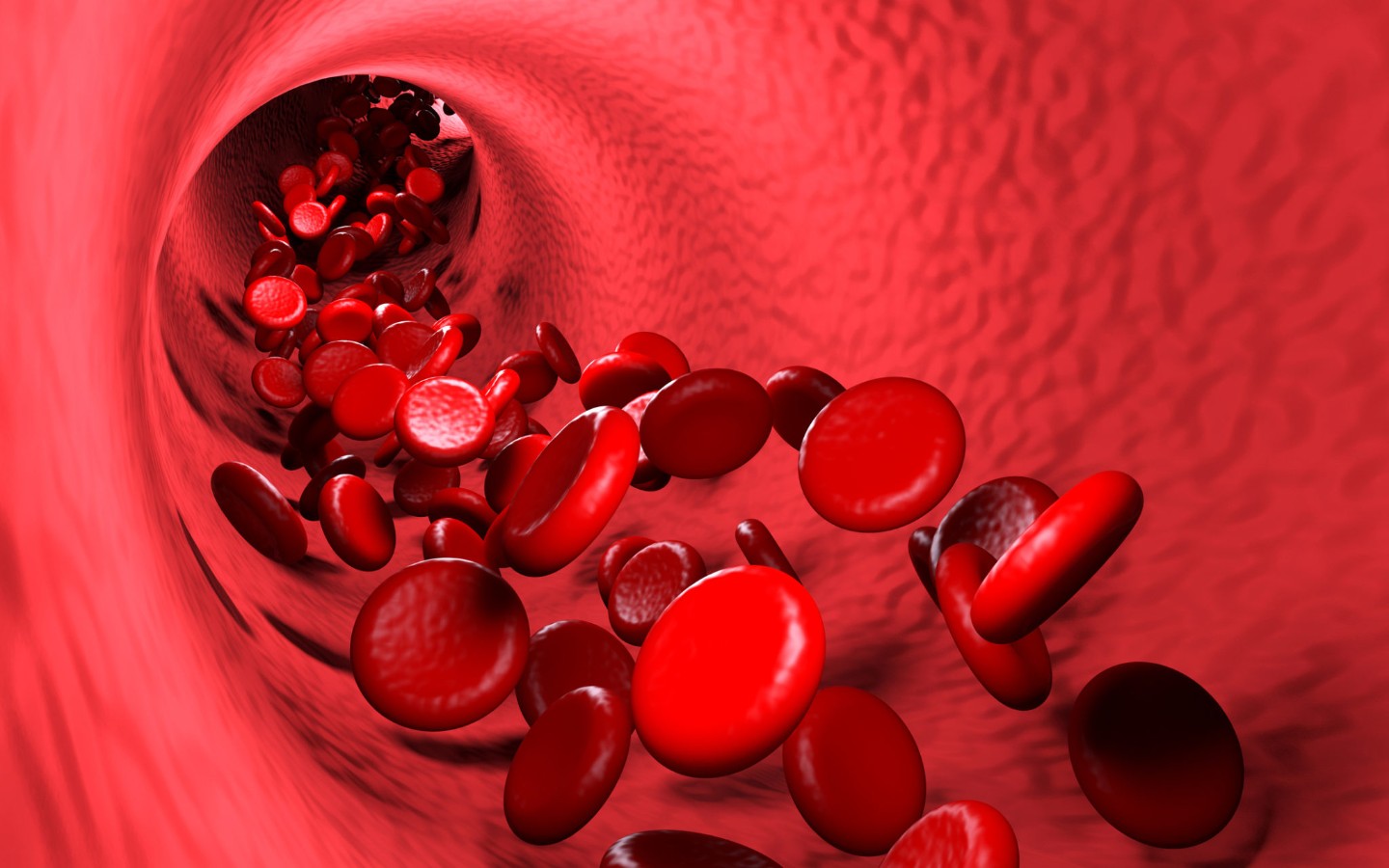What are Cancer Clinical Trials?
NOV 28, 2022Clinical Trials are research studies that involve people. Through clinical trials, doctors find new ways to improve treatments and the ...
Read More
In order to advance the care that is delivered today medical researchers challenge what they think they know and look for new and better ways to improve deep vein thrombosis (DVT) treatments. These improvements can come in the form of better quality of care, improved patient experience or decreased costs. Inherent within research is not knowing the outcome, trusting that the knowledge learned through research will open new doors through questions asked, even if the results do not always prove what was thought when starting the study.
DVT is a serious condition in which blood clots form in a person's veins. Many times the clots occur in a person’s lower leg. These clots can travel into the upper leg and even reach a person’s lungs. There are many reasons why these clots form. In many cases it is due to poor circulation or damage to the vein’s walls. Other reasons include trauma or not moving for a long duration.
DVTs occur in approximately 200,000 people each year. In some cases there are no symptoms associated with the blood clot. However, in other cases these clots can be life threatening, requiring hospitalization and immediate interventions. The long-term symptoms of a DVT, known as post-thrombotic syndrome, frequently develops in patients and can be debilitating. This condition is very serious and is associated with swelling, cramping and pain at the affected area.
In 2011 researchers at CHI Health St. Elizabeth joined in a national study to see what could be done. Traditionally, patients were treated with anticoagulation medications. These blood thinning medicines could keep blood clots small and reduce other blood clots from forming. Newer innovations had become available for vascular doctors who specialized in interventional and diagnostic radiology. It was thought that using thrombolytic drugs, which are potent clot-busting drugs, to immediately remove clots in acute diagnosed patients may save them an immediate crisis and prevent them from years of long-term debilitating pain and swelling.
At CHI Health St. Elizabeth 20 patients participated in the research study and nationally there were close to 700 participants. When the results were analyzed researchers learned that patients with acute DVTs did not benefit from immediate clot removal using thrombolytic clot-busting drugs, which was not what they expected. Getting the clot out right away created more risks of major bleeding and did not alleviate the long-term debilitating pain and swelling. The result of the research was published in The New England Journal of Medicine in December of 2017.
The same researchers have now turned their attention away from removing the blood clot to how they can repair the vein that is damaged by the DVT. Researchers at CHI Health St. Elizabeth have joined in another national study to see if a procedure by doctors to place permanent stents (small metal mesh tubes) in the damaged veins can be used to remove the blockage, open the vein and improve blood flow in the leg, preventing post-thrombotic syndrome and the associated long-term debilitating swelling, cramping and pain.
CHI Health is committed to a future of healthcare that is value based. Value means keeping healthy people well, managing chronic disease and working more efficiently to coordinate care to improve treatment results and reduce costs. Medical research that looks at ways to prevent deep vein thrombosis and the chronic symptom associated with this condition is part of this value work.

Clinical Trials are research studies that involve people. Through clinical trials, doctors find new ways to improve treatments and the ...
Read More
If you’ve ever wondered what happens when your doctor sends something to the lab, here’s the secret: it ends up ...
Read More
If you have heart failure, you know slowing the progression of the disease can add time to your life. That’s why ...
Read MoreWhen you need local health information from a trusted source, turn to the CHI Health Better You eNewsletter.